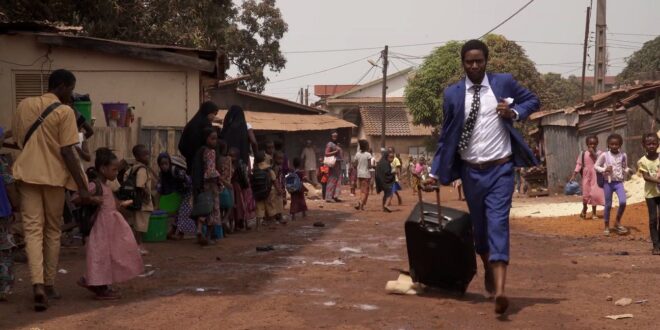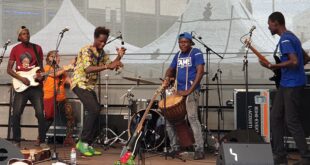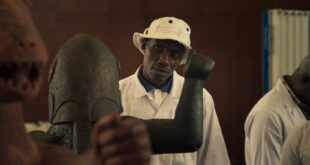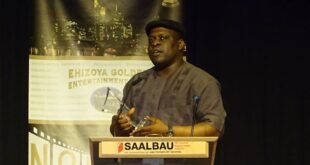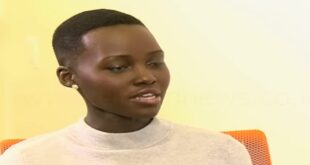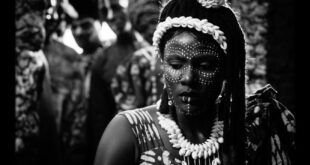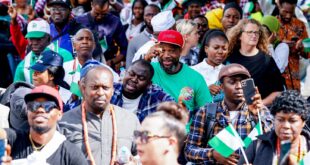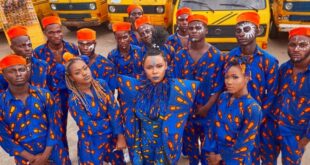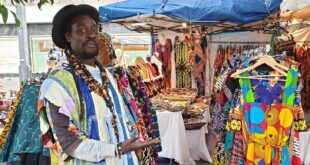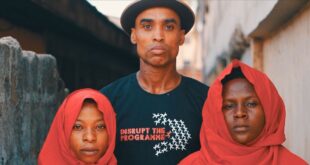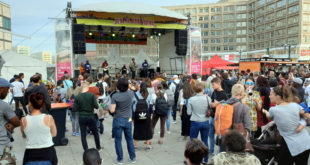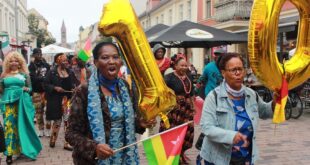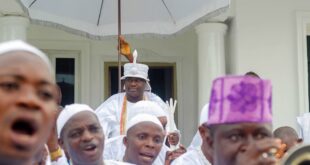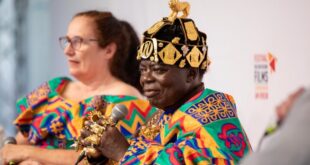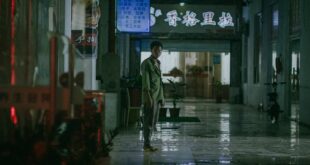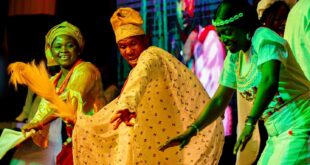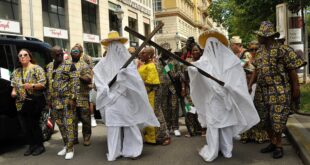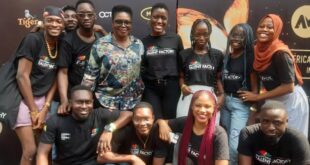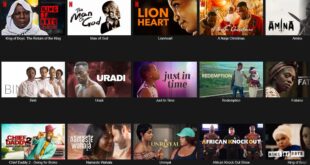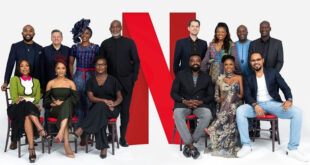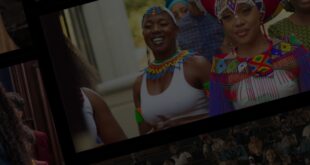From 14 to 24 September 2023, the Afrika Film Festival Köln (AFFK) will celebrate its 20th edition with about 85 historical and contemporary films from 20 African countries and the worldwide diaspora.
The patron of this year’s festival is the Senegalese director Dyana Gaye, who will give an insight into the TIGRITUDES programme, a film series exploring the challenges and forms of a still largely unknown cinematography, through the presentation of several film screenings.
Focus: Art & Activism
At this its anniversary edition, AFFK, which was honoured as Europe’s Best African Film Festival by the European Enterprise Awards 2022, pays tribute to the enduring spirit of Art & Activism that has always been at the heart of African filmmaking.
From the early days of liberation struggles to the jubilant moments of independence, the cinema of the African continent has never been just entertainment. Today, African filmmakers on the continent and in the diaspora fearlessly confront the critical issues of our century by tackling issues of class, gender, environment, discrimination and labour.
By presenting these thought-provoking works, AFFK aims to honour the commitment of those who draw attention to social issues and inequalities through the art of storytelling.
Among the films to be screened in Cologne are Milisuthando by Milisuthando Bongela, Dent Pour Dent by Ottis Ba Mamadou, Le spectre de Boko Haram by Cyrielle Raingou and All the Colours of the World Are Between Black and White by Babatunde Apalowo, which defy stereotypes, explore underrepresented perspectives and tell the stories of LGBTQIA+ people, shedding light on their experiences and the obstacles they face in African society.
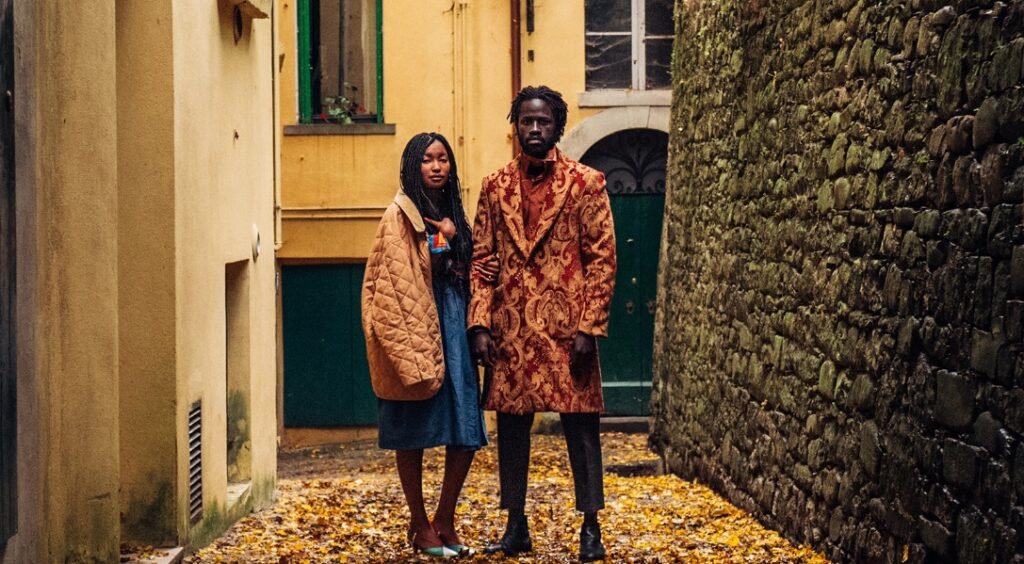
This year’s festival also features the innovative stylistic choices and original cinematic approaches of female filmmakers such as Ellie Foumbi (Notre Père, Le Diable) and Angela Wamai (Shimoni), as well as their male counterparts C.J. ‘Fiery’ Obasi (Mami Wata) and Walé Oyejide (Bravo, Burkina!), who take their rightful place behind the camera to tell compelling stories that touch deeply.
Their creative vision and storytelling skills ignite a transformative energy, reinvigorating the African film landscape with fresh perspectives, nuanced performances and heartening narratives.
Moreover, the 2023 festival shines a spotlight on the remarkable world of recent African documentary filmmaking, with films such as Al Djanat by Aïcha Boro, Au Cimetière De La Pellicule by Thierno Souleymane Diallo, Colette et Justin by Alain Kassanda and Or de vie (A Golden Life) by Boubacar Sangare.
There will also be a special screening of the film Walter Rodney: What They Don’t Want You to Know by Arlen Harris and Daniyal Harris-Vadja, which shows how Rodney exposed the effects of colonialism, imparted knowledge to Africans and fuelled resistance for lasting liberation.
Discussing African filmmaking
In three panel discussions, festival organisers will talk with many guests about the various challenges, opportunities and developments in African cinema. What new narrative methods are being used by African filmmakers? How do women directors manage to assert themselves in a male-dominated film industry? What role does the rise of LGBTQIA+ films play in terms of acceptance and equality? These and many other questions will be explored in their different dimensions.
African film classics
The Senegalese writer and director Ousmane Sembène would have turned one hundred this year. He is rightly called the father of African cinema and his films have lost none of their topicality and political artistry. In his honour, the festival will show his first feature film La Noire, which is also considered as the first feature film by a black director from sub-Saharan Africa.
Safi Faye’s Man sa yay, which was produced for German television in 1980, will be screened at the festival. It’s about the everyday experiences of a Senegalese student in West Berlin that are marked by a sense of uneasiness in Europe and his family’s expectations in the form of a constant stream of letters.
Faye, who died in Paris on 22 February 2023 at the age of 80, was one of the few women who were active in the early phase of filmmaking following the independence of African countries in the 1960s. She will always be remembered as a revolutionary filmmaker for her focus on African beauty and women’s agency and rights.
Another masterpiece of African cinema was created 50 years ago. Touki Bouki by Djibril Diop-Mambéty is a film with its own unique narrative and visual language that is constantly evolving in new and unpredictable ways. The kaleidoscopic sounds and images of Touki Bouki made the film a cult classic.
AFRICOMICS special exhibition
Comics and illustrations from sub-Saharan Africa are little or hardly known in Germany. But the significance within Africa also varies greatly. The majority of comics do not make the leap across national borders. AFRICOMICS would like to contribute to strengthening local interest, to introduce the comic culture of sub-Saharan Africa to a German audience and to contribute to more intercultural understanding and the reduction of prejudices against Africans in Germany through the topics dealt with.
AFRICOMICS is a (supra-)regional project involving 14 Goethe-Instituts from Africa: Luanda (Angola), Addis Ababa (Ethiopia), Ouagadougou (Burkina Faso), Yaoundé (Cameroon), Kinshasa (Democratic Republic of Congo), Abidjan (Côte d’Ivoire), Accra (Ghana), Nairobi (Kenya), Windhoek (Namibia), Kigali (Rwanda), Dakar (Senegal), Khartoum (Sudan), Dar es Salaam (Tanzania) and Lomé (Togo).
The exhibition will be opened on 12 September at 7 pm as a prologue to the festival. In addition to the exhibition, a diverse range of socially relevant topics will be addressed in a supporting programme designed to stimulate discussion and reflection and to encourage participation.
Prizes galore!
This year, a Jury Prize will be awarded at the festival for the first time. It is endowed by Hochschule Fresenius, a private university of applied sciences, with 2,000 euros. Twelve feature films and documentaries are in the running for the prize. The winner will be announced at the closing event (24 September, 8pm).
The Diversity Film Prize will also be awarded again this year. It is endowed with 1,000 euros by KIOSK – Arts Exchange e.V. Thirteen long and short films are up for selection for the award. The audience award Bester Spielfilm (1,000 euros) is again supported by the festival partner, the culture magazine choices. The audience can choose the winner from 15 feature films.
In the competition for the audience award Best Documentary Film (1,000 euros), ten films will compete for the favour of the audience. The prize is sponsored for the first time by publicnomad productions.
The audience award Best Short Film (500 euros) is sponsored by the Nikolaus-Gülich-Fonds and KIOSK – Arts Exchange e.V.; 35 films are competing for the honour this year.
Workshops for students
In 2023, the Africa Film Festival will again offer a wide range of workshops for students. Paul Shemisi and Nizar Saleh, members of Collectif Faire-Part, an association of Belgian and Congolese filmmakers, as well as the director, TV presenter and bestselling author Mo Asumang (Germany) will address topics such as colonialism and everyday racism in rap, film and dialogue workshops at numerous schools and youth centres in Cologne.
Since 1992, FilmInitiativ Köln e.V. has screened over 1000 films from Africa and the global diaspora in Cologne and featured more than 300 filmmakers from 50 countries who were invited to discuss their works with the audience.
More festival information at: www.afrikafilmfestivalkoeln.de
 THE AFRICAN COURIER. Reporting Africa and its Diaspora! The African Courier is an international magazine published in Germany to report on Africa and the Diaspora African experience. The first issue of the bimonthly magazine appeared on the newsstands on 15 February 1998. The African Courier is a communication forum for European-African political, economic and cultural exchanges, and a voice for Africa in Europe.
THE AFRICAN COURIER. Reporting Africa and its Diaspora! The African Courier is an international magazine published in Germany to report on Africa and the Diaspora African experience. The first issue of the bimonthly magazine appeared on the newsstands on 15 February 1998. The African Courier is a communication forum for European-African political, economic and cultural exchanges, and a voice for Africa in Europe.

